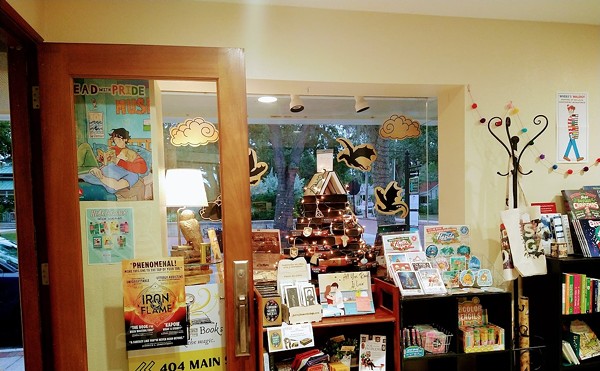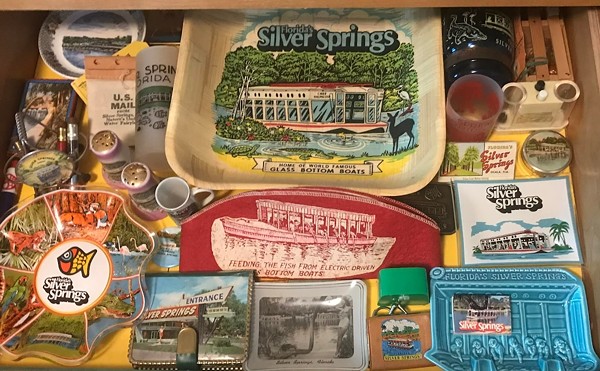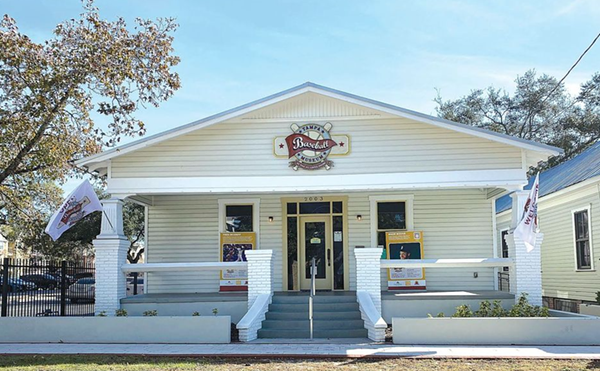 John Cotter has a way with words. He has a way with dialogue, with setting a scene, with crystallizing description and insight into just a handful of words. He has a way of wrapping his observations about lost generations, about the charade of the Bohemian lifestyle, about the fragility of ideals when they crash into immovable objects, into the characters themselves.
John Cotter has a way with words. He has a way with dialogue, with setting a scene, with crystallizing description and insight into just a handful of words. He has a way of wrapping his observations about lost generations, about the charade of the Bohemian lifestyle, about the fragility of ideals when they crash into immovable objects, into the characters themselves.
Jack, the narrator, is trapped in a barely-acknowledged love triangle with Corinna, after a threesome with her and his best friend, Paul. The exciting, unconventional nature of this love affair grows sharp and tense when Corinna and Paul drop out of school, get married, and try to settle down in Corinna's parent's house.Cotter is at his best exploring this unresolved, constant tension between Jack and Corinna, and Paul's suspicion. Lesser writers dealing with this subject often try to describe the tension, often succeeding in accomplishing nothing more than irritating readers with long expository speeches by a love-wracked first-person narrator torn between loyalty to a friend and desire for the girl of his dreams.
What makes Under the Small Lights work is what Cotter doesn't do. There are no heart-broken soliloquies, no painful pages of self-analysis by hyper-self-aware characters. Rather than trying to describe the tension, Cotter creates it, builds it up out of little things. Corinna snuggling Jack in bed while visiting him alone, biting his ear in bed and kissing him quickly in hallways, Paul's mounting hostility, drinking, and the revelation that he is a failure at his new job as lawn mower salesman. Hovering in the background of Jack's life is Star, who wants him, who he can't help teasing and leading-on just as Corinna is doing to him. Cotter lets these things stand as they are, mostly without comment, and weave themselves into a web of meanings that don't need to be explained.
The unconsummated affair between Jack and Corinna is the book in microcosm: Jack wants something, something undefined and somehow glamarous, without knowing what it is or how to get it. He wants the life of bohemian artist and writer without knowing, for sure, what it is. At bottom, he is a familiar character: the young writer who doesn't write, who replaces dedication and work with thwarted ambition and a poetic pose. He's a loser who always thinks he's about to cross the finish line — that he'll steal his friend's wife, that he'll become a famous playwright. He sleeps in the same bed with the woman he wants, stays next door to a famous poet, and knows a playwright who sleeps with models, but will never get any closer.
Bill, Jack's friend and idol, drops in and out of the story, but always hovers in the background. Everywhere Jack wants to go, Bill has been first: he was Corinna's lover, is a writer living in New York, sleeping with strings of models. The only formula for greatness Jack can come up with is to emulate Bill: his speech patterns, his clothing, his womanizing.
"'Bill has a certain cadence, a way of being confident about himself I've tried to pick up.'"
When Bill finally does make an extended appearance, the two friends make a pilgrimage to Walden Pond to write a play in the snow on a typewriter. It's a goofy stunt, a self-conscious artistic exploit perfectly characterizing the posture-without-substance of Jack's ambition, and made only goofier by the play they are trying to write: a pastiche of lines from other books, a blind rebellion against rules, a perfectly obnoxious piece, a frenzy of activity without passion or vision. As their play goes from bad to worse and Jack loses the typewrite in the snow, the reader is torn between wanting to laugh sympathetically and aid in the search or punching them both in the head.
While the immaculately portrayed Corinna is the energy behind the story, John Cotter's dialogue is the driver of the prose. He has a linguist's ear for conversation.
"'I probably should actually read Thoreau one of these days,' he said.
'No rush,' I told him. Why not start with the Bible and work your way up?'
'I've never even read Moby Dick,' Bill said. 'Not really. I haven't read all those cool, modern authors but I love them. I fill my bed with their books.'
'Totally,' I said. 'I roll around in them.'"
In some places, the dialogue was a little too realistic, with the placeholders and broken trains of thought to which the characters don't return. But Cotter balances that realism with a spare prose, stripped nearly down to its bones.
"Corinna leafed her fingers along the surface of the water like an actress playing languorous."
Descriptions are stark and contained — short, flinty sentences and quick stabs of insight. Where other writers would devote long paragraphs to Corinna lounging on the pool float or the biting cold at Walden pond, Cotter does it in a line, a single clause if he can.
The structure of the book takes some getting used to: the chapters are very short, some only two or three pages, and only loosely in chronological order. While some may find this jarring, the fragmented feeling gives it the terseness of an uncomfortable conversation that helped the various tensions build on the page. This way, too, what is actually a very short book feels much longer, as the fragments take time to fall together. As everything Jack's life is built around flies out from under him, he's left standing in the shadow of greatness he still feels could have been his.
"I half-expected Bill to turn the corner; I half-expected Corinna along with him... I might live all my life and see them twice more."
Every generation writes books like this: coming-of-age stories of characters trying desperately to align themselves as they look for a bridge between youth and maturity. Cotter treats these themes with a rare intelligence and subtlety and a certain warmth for these characters who are charming and contemptible by turns. John Cotter is going to be a writer to remember, and this is a great book. You should read it.
















